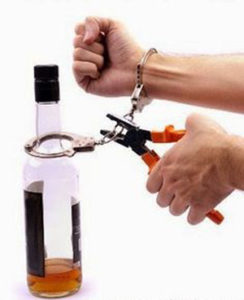
However, most addictive behavior is not related to either physical tolerance or exposure to cues. People commonly use drugs, gamble, or shop compulsively in reaction to being stressed, whether or not they have a physical addiction. Since these psychologically based addictions are not based on drug or brain effects, they can account for why people frequently switch addictive actions from one drug to a completely different kind of drug, or even to a non-drug behavior. The focus of the addiction isn’t what matters; it’s the need to take action under certain kinds of stress. Treating this kind of addiction requires an understanding of how it works psychologically.
All addictions have the capacity to induce feelings of shame and guilt, a sense of hopelessness, and feelings of failure. In addition, anxiety and depression are common conditions among those with substance and behavioral addictions.
Addiction is a treatable condition. The first phase of treatment from is withdrawal from the problem substance/activity. There are both physical and psychological effects that occur when substance-taking stops, including such physical signs as nausea and vomiting, chills and sweats, muscle cramps and aches, sleeplessness, shifts in heart rate, even fever. Emotional effects include depression, anxiety, irritability, and mood swings. Withdrawal symptoms typically last three to five days. While they are rarely life-threatening, medical supervision is usually provided in residential treatment programs, and medications may be given to ameliorate the acute discomfort of withdrawal.
Behavioral therapy and counseling are important elements of treatment. Cognitive behavioral therapy is often used to help patients identify, avoid, and cope with situations in which they are most likely to abuse drugs or activities. The technique of motivational interviewing is often employed to remind people of their values, as a way of avoiding use. Family therapy may be provided to help the patient maintain a supportive environmentand improve family functioning.
